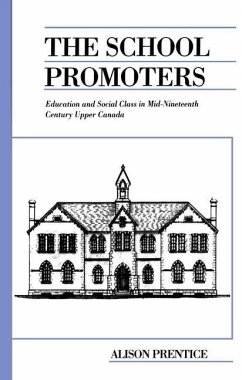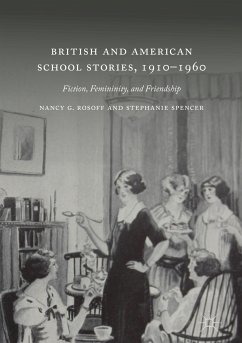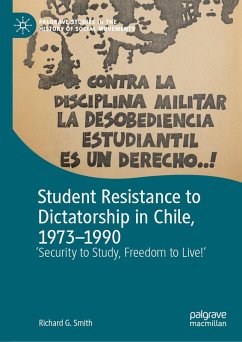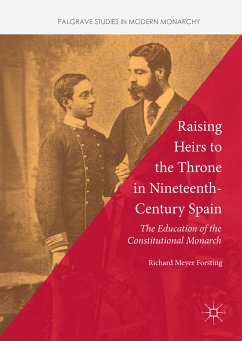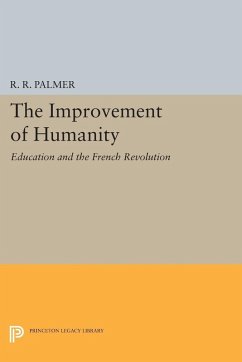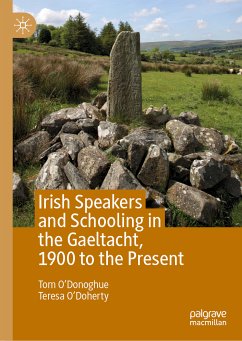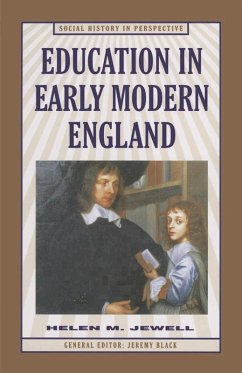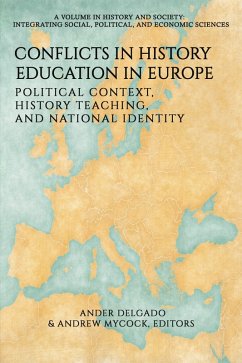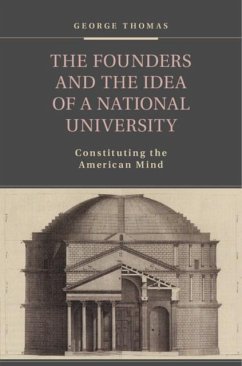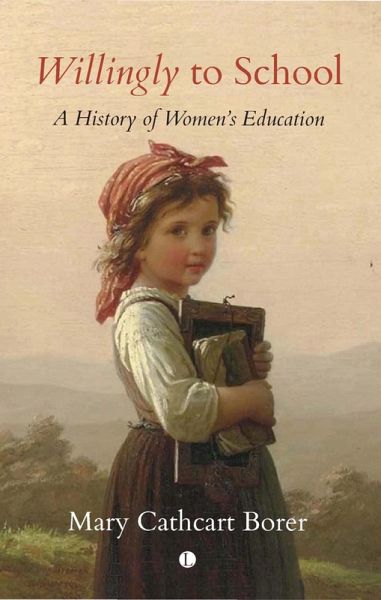
Willingly to School (eBook, PDF)
Versandkostenfrei!
Sofort per Download lieferbar
Statt: 30,00 €**
22,95 €
inkl. MwSt.
**Preis der gedruckten Ausgabe (Broschiertes Buch)
Alle Infos zum eBook verschenkenWeitere Ausgaben:

PAYBACK Punkte
11 °P sammeln!
The denial of equal educational opportunities to women is arguably one of the great injustices in British history. In Willingly to School, Mary Cathcart Borer charts the gradual reversal of this inequality, and the revolutionary effect it has had on social structures, from the Anglo-Saxons to the twentieth century. Always mindful of the historical context of each period, Borer explores the significant early role of the church, the opportunities afforded to royal and noble girls, the origins of the various forms of privately and charitably funded school, and the emergence of the modern school s...
The denial of equal educational opportunities to women is arguably one of the great injustices in British history. In Willingly to School, Mary Cathcart Borer charts the gradual reversal of this inequality, and the revolutionary effect it has had on social structures, from the Anglo-Saxons to the twentieth century. Always mindful of the historical context of each period, Borer explores the significant early role of the church, the opportunities afforded to royal and noble girls, the origins of the various forms of privately and charitably funded school, and the emergence of the modern school system. Along the way, particular significant institutions and individuals such as Christ's Hospital, Cheltenham Ladies College, the Bronte sisters and Fanny Burney are examined in depth. Writing in 1975, Borer described the mid-twentieth century as having 'seen the culmination of women's demands for full equality in society'. While the intervening years have shown that there is still much work to be done in the pursuit of equality, Borer's analysis of the progress that has been made in women's education remains as pertinent as ever.
Dieser Download kann aus rechtlichen Gründen nur mit Rechnungsadresse in A, B, BG, CY, CZ, D, DK, EW, E, FIN, F, GR, HR, H, IRL, I, LT, L, LR, M, NL, PL, P, R, S, SLO, SK ausgeliefert werden.




